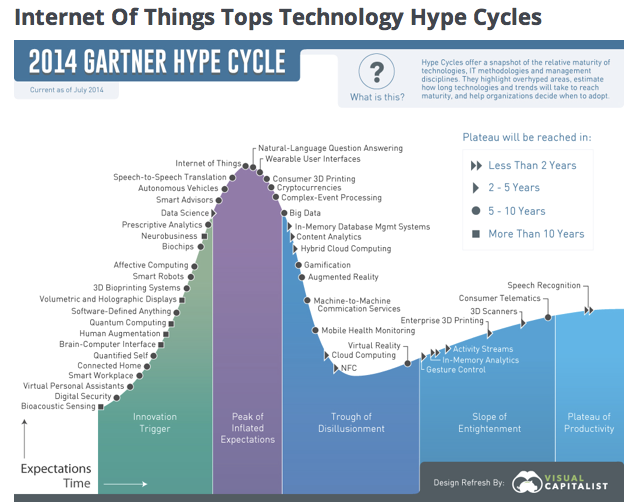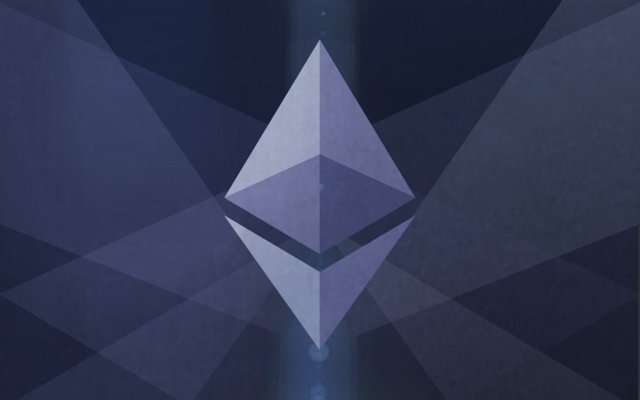Edge of Ethereum
Best practice for software development in many contexts is to have both staging and production systems. Ethereum has effectively evolved this same structure with the Hard Fork and Ethereum classic. The Hard Fork (or “Edge” version) now has features like consumer protection, roll back capacity and the ability to roll out new features (as Vlad Zamfir articulates in this well thought out article). The Classic version retains immutability, irrevocability, and full automation.
When I was involved in the Ruby on Rails community there was always an “edge” version that people were welcome to use if they wanted to be on the bleeding edge. This allowed the community to roll out new features that might have bugs that would be discovered via use but would be dangerous if they were immediately introduced into production systems. So far, we haven’t had anything quite like that in the Blockchain world.
One problem, pointed out to me by Martin Köppelmann of Gnosis, is that if you have a testnet that has no financial value, then you ultimately don’t discover the sort of tensions that can only be discovered when there is something at stake. So it is highly desirable that you have some version of the system that has real financial value as part of this iterative process.It also appears to be necessary that all technology sets go through certain hype cycles. One of the great benefits (and risks!) of the DAO was that their marketing bridged over from a highly technical audience to a less educated audience that was not able to fully understand the risks of the DAO.

The presence of non-technical users who can’t fully appreciate the code of a smart contract or audit its features is a very large issue that does lead to a very good argument for consumer protection. It’s also an argument that regulators would be likely to use if they audited the DAO or Ethereum Foundation.Since the hard forkers effectively accepted this argument what they did is evolve a quasi-government that includes a self-regulative principle. As Decentralized Autonomous Society co-founder Anthony points out on in “Good Forking Job,” this might even be “the single most important thing ever to happen at the intersection of society, governance, and economics.”Okay, that might be somewhat exaggerated, but the ability of global blockchain citizens to collectively organize and solve a problem that they think affects all of them is overwhelmingly a positive development for the community, especially if it doesn’t undermine the core principle of smart contracts.I sincerely hope there is a future both for Ethereum classic and the “Edge” (hard fork) version, with production systems ultimately migrating to classic. This might mean that the classic version ultimately ends up with a higher overall financial value. Either way, Ethereum will have found an increased and even sharper edge.

I see a bright future for ETC but I think we'll know for sure within the next few weeks...